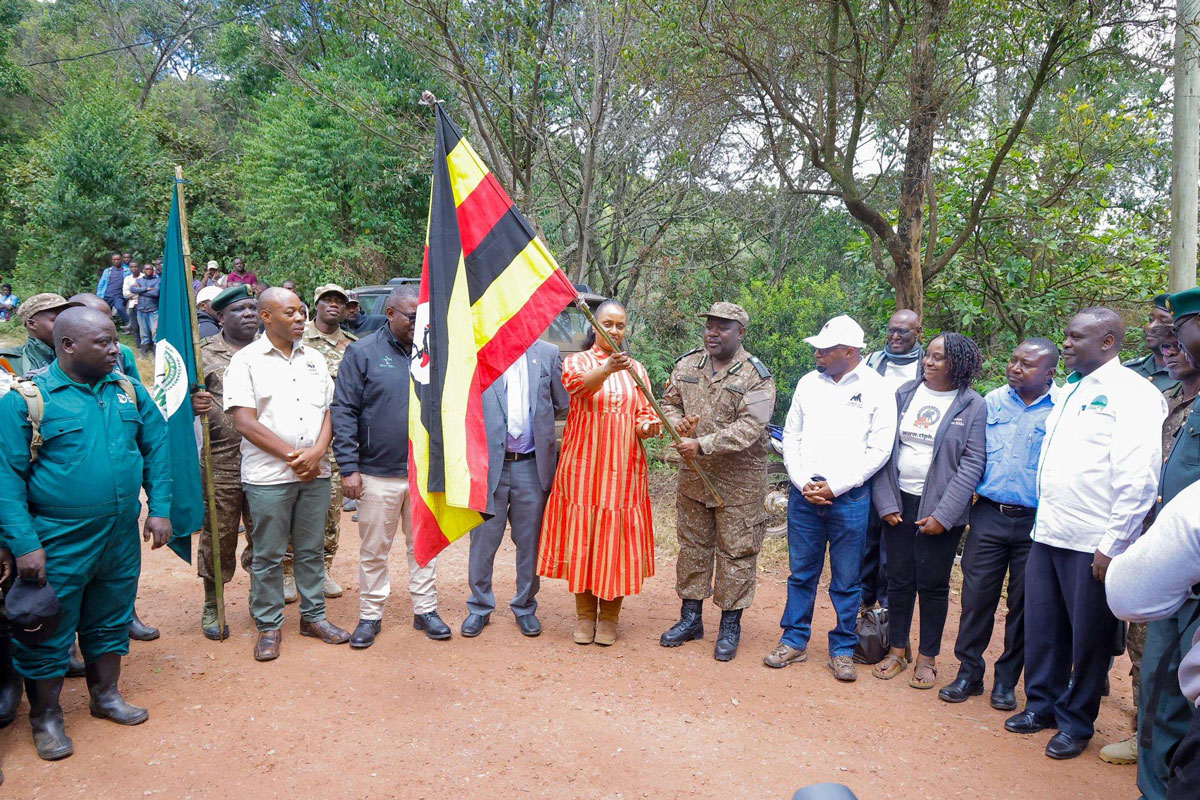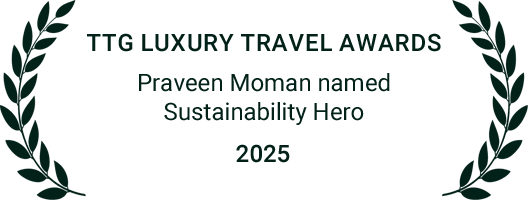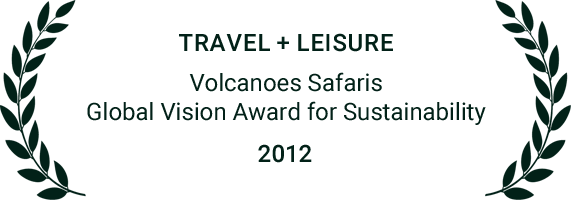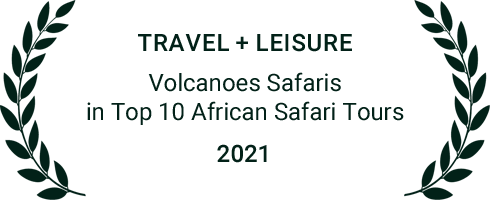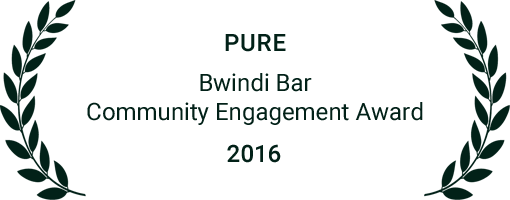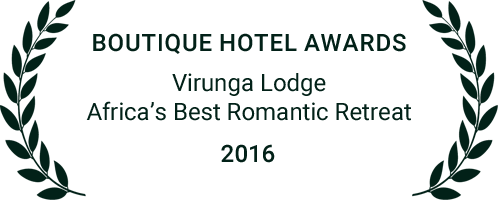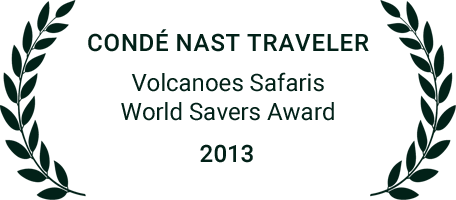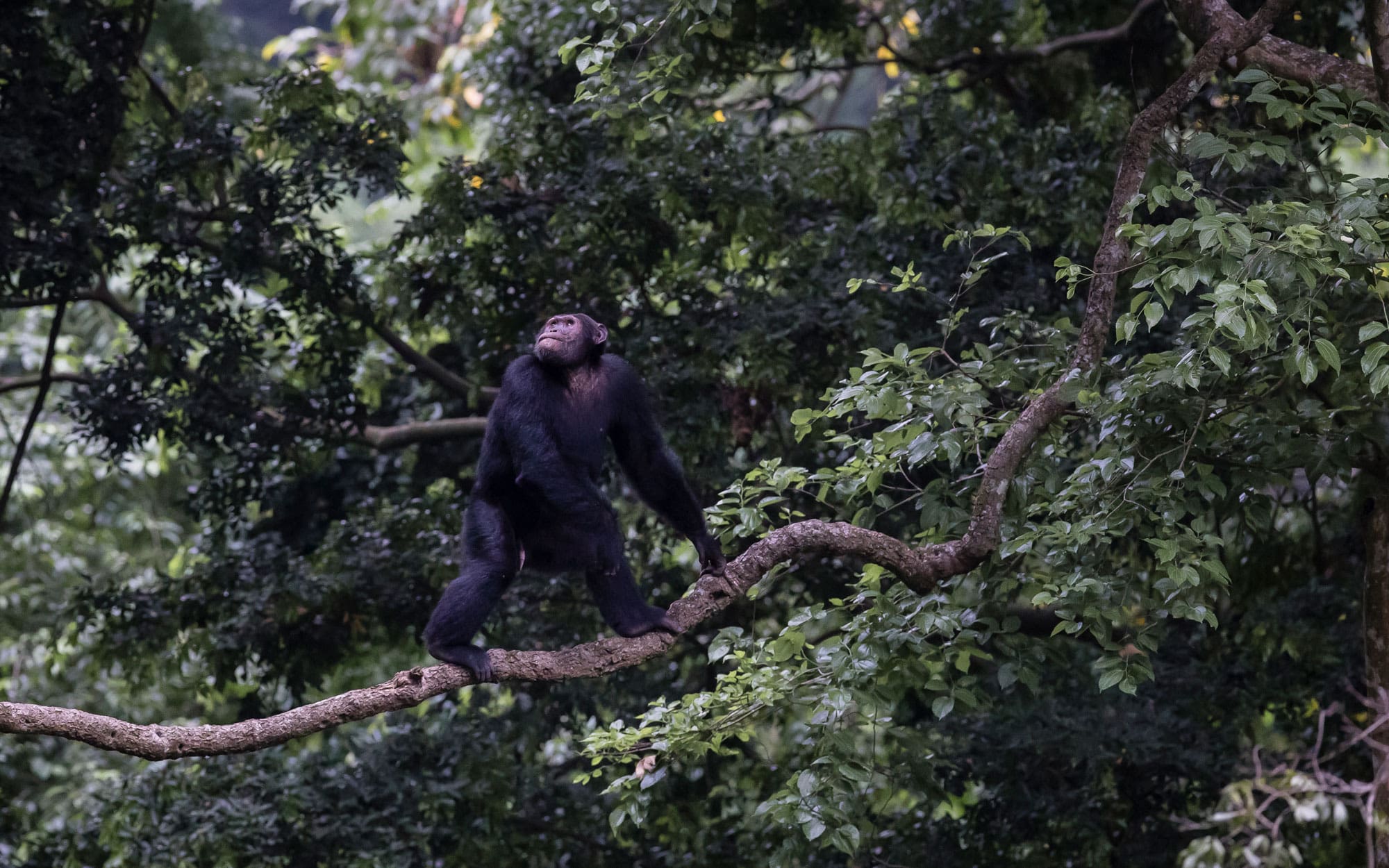The ancient Bwindi Forest is a UNESCO World Heritage Site and home to about 460 mountain gorillas, just under half of the total population. There are around 50 gorilla families in Bwindi, including 20 habituated groups, within the 330km2 national park.
Volcanoes Safaris have been pioneers of gorilla and chimpanzee ecotourism in Uganda and Rwanda since 1997. Our expertly created safaris give an insight in the world of the endangered mountain gorillas and chimpanzees, their habitats, and the communities that live nearby.
Bwindi Lodge, on the edge of Bwindi Impenetrable Forest in Uganda, was set up in 1999 as a simple tented camp directly facing the Bwindi Forest. Today it is the leading luxury lodge at Bwindi. It has been at the forefront of gorilla ecotourism in the region. In celebration of Bwindi Lodge's 25th anniversary, the Bwindi Gorilla Conservation Center will be built in 2025.
The center will provide space to showcase the work of Volcanoes Safaris Partnership Trust and two of its key non-profit conservation partners: Gorilla Doctors and Conservation Through Public Health.
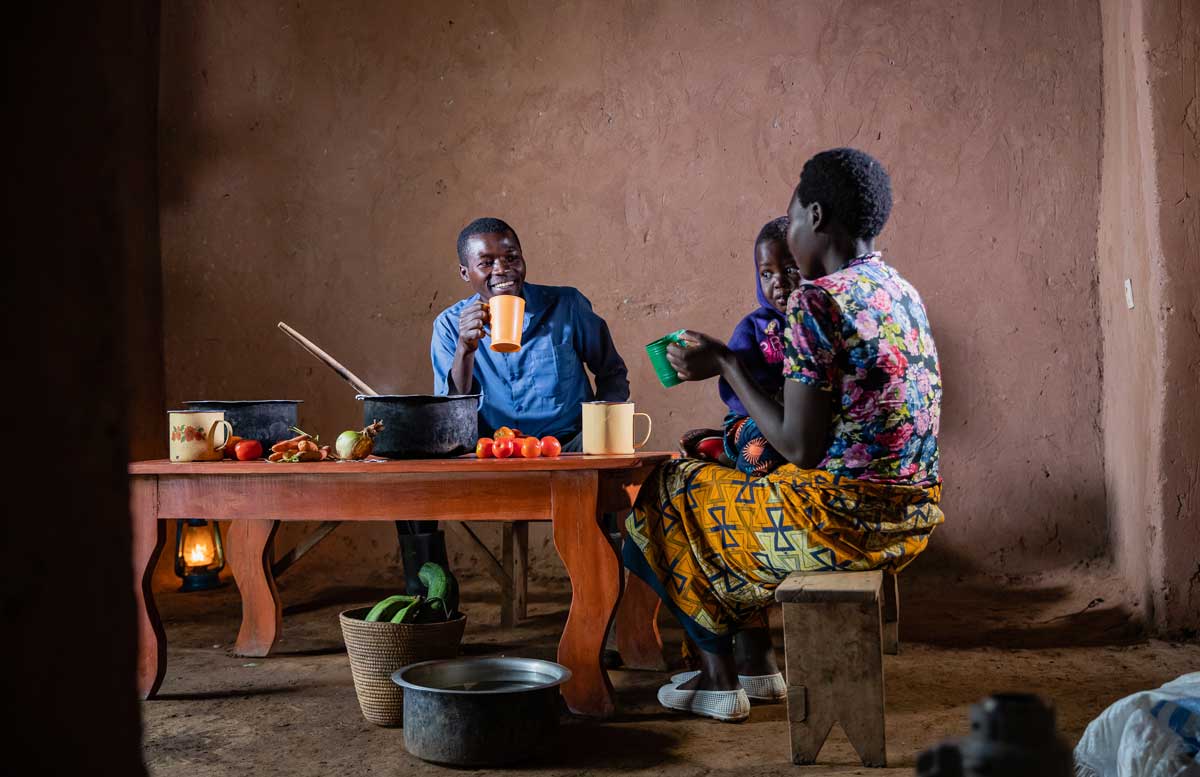
Connecting Great Ape Ecotourism to Conservation and Communities
Praveen Moman, Founder Volcanoes Safaris, established Volcanoes Safaris Partnership Trust (VSPT), a non-profit organisation, in 2009, to create long-term, self-sustaining projects that provide benefits to local communities; promote the conservation of the great apes; restore natural habitats; and work with communities and institutions to reduce human-wildlife conflict.
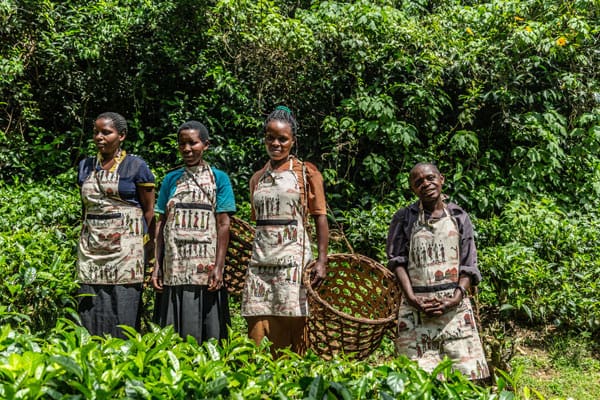
The Vision for the Bwindi Gorilla Conservation Center
The center will have four galleries. The first three galleries will be open to guests from Bwindi lodge and supporters of Gorilla Doctors and Conservation through Public Health.
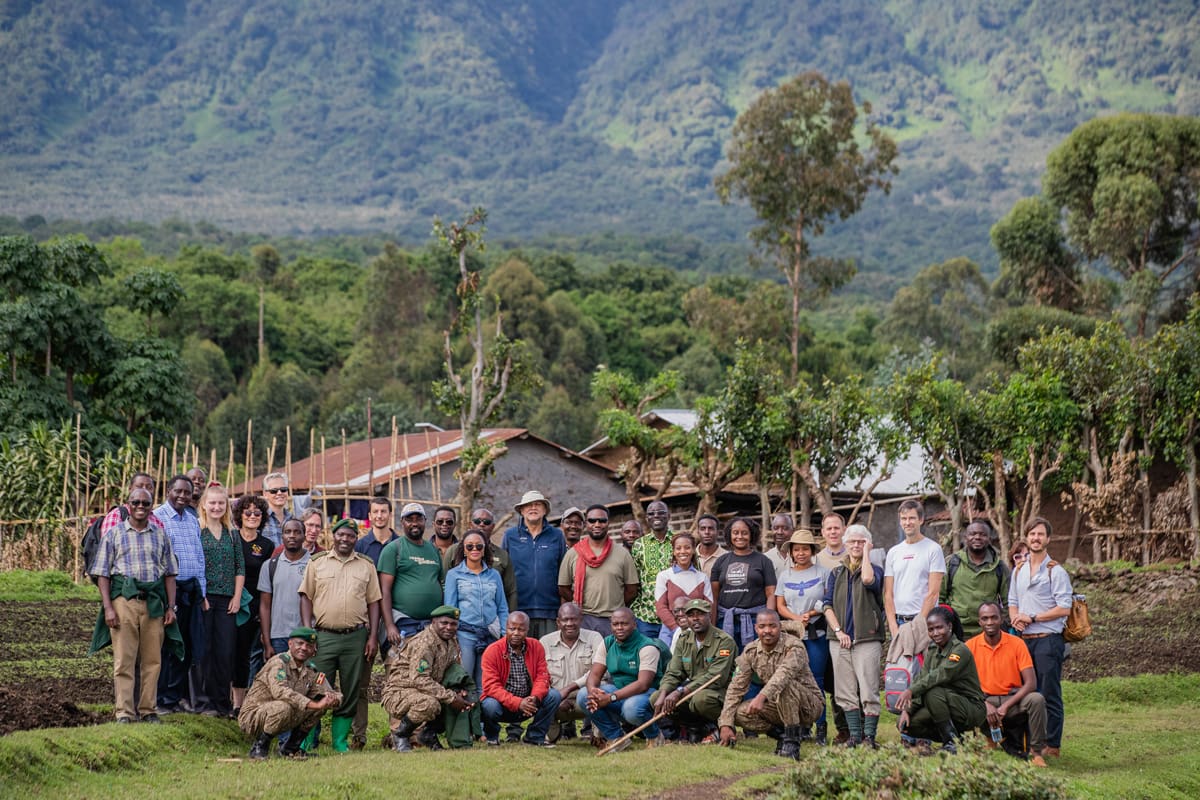
Gallery 1 The central dining and conference space will have displays from Volcanoes Safaris on ecotourism; the work of Volcanoes Safaris Partnership Trust (VSPT); the Albertine Apes Alliance, an informal advocacy network aiming to create greater dialogue and collaboration between stakeholders involved in conservation and ecotourism in the Albertine Rift. There will be a workspace for researchers.
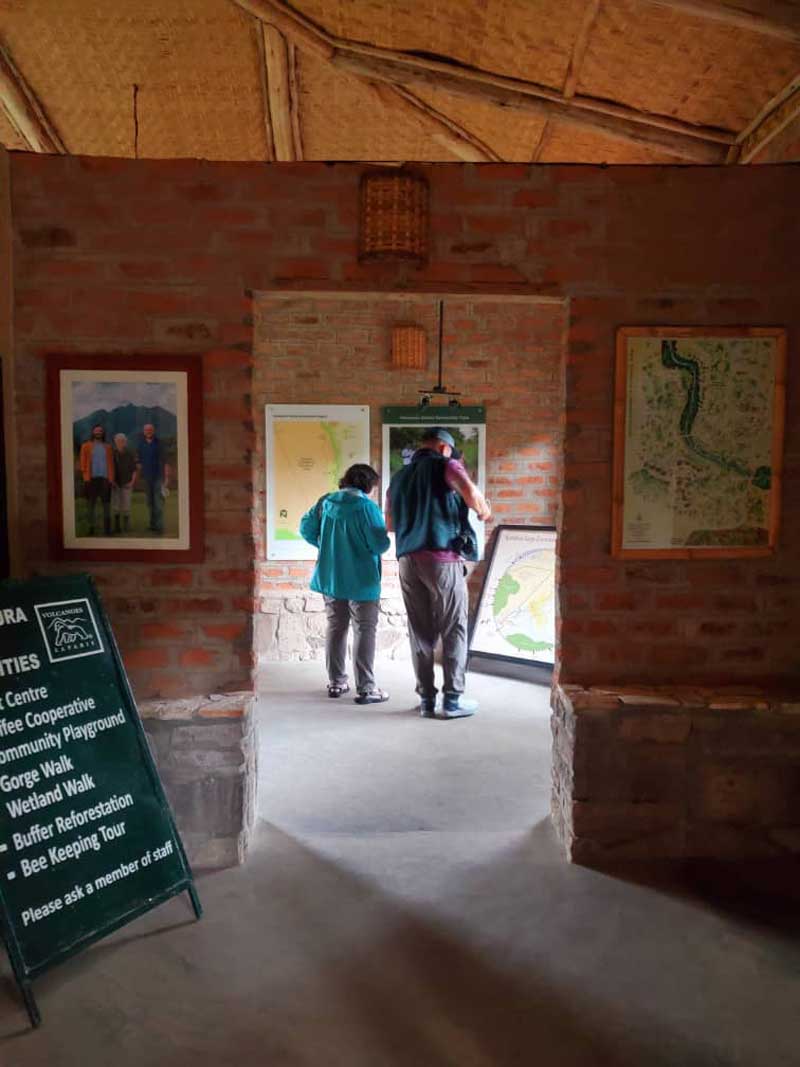 Gallery 2 will focus on the work of Conservation Through Public Health, founded by Ugandan-born Dr Gladys Kalema-Zikusoka in 2003. This will look at the connection between gorilla health and community livelihoods and health around Bwindi Impenetrable National Park.
Gallery 2 will focus on the work of Conservation Through Public Health, founded by Ugandan-born Dr Gladys Kalema-Zikusoka in 2003. This will look at the connection between gorilla health and community livelihoods and health around Bwindi Impenetrable National Park.
Gallery 3 will showcase Gorilla Doctors, the only organization providing life-saving veterinary care to gorillas in Uganda, Rwanda, and DR Congo. Independent research shows their work contributes to nearly 40% of annual mountain gorilla population growth - the only great ape species increasing in the wild.
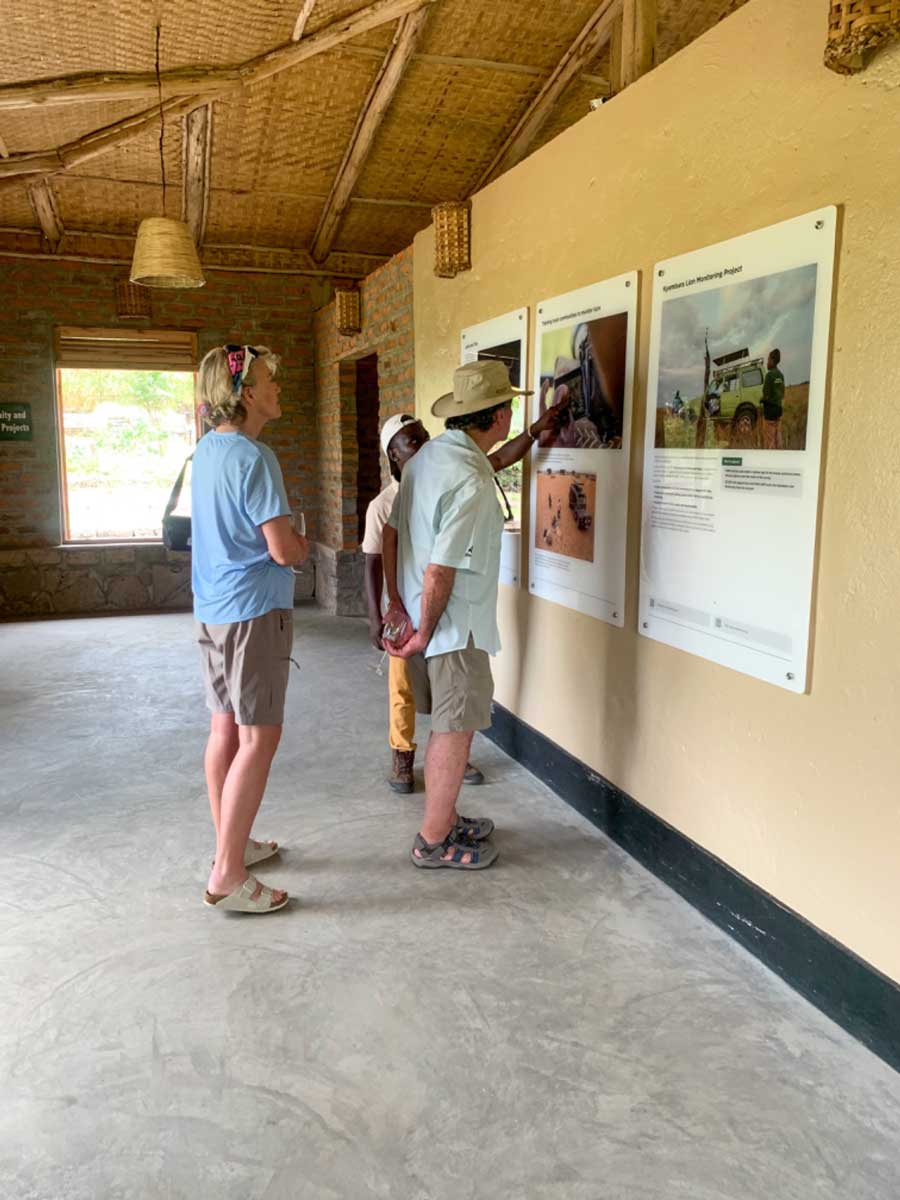
Gallery 4 will be open to all tourists, school children and local people and have a cafe serving locally inspired local dishes and drinks. It will be on Main Street of Bwindi village. It will focus on the link between gorilla conservation, ecotourism and communities.
There will also be community activities such as training young people in hospitality; women's crafts group; wildlife and guiding programs.
Budget and Fundraising Targets
The preliminary schematic designs for the Bwindi Gorilla Conservation Center are in the Annex. The center is expected to open in November 2025.
Budget:
Construction of buildings $50,000.
Interiors and exhibitions $30,000.
Minimum annual budget for regular school groups $20,000.
Annual cost of equipment for 12 trainee wildlife guides - binoculars, cameras and guidebooks for guiding program $10,000
Setting up the Women’s Craft Group $5,000
FRIENDS OF BWINDI
• $500 provides annual school trips to Bwindi Gorilla Conservation Center
• $1000 provides the Bwindi Women’s Craft group with materials for 1 month
• $2,500 covers the cost of wildlife and guiding trainees for 3 months
• $5,000 will support hospitality training for young people in the Bwindi Community Café for 6 months
• $10,000 would allow the donor to be recognised as a benefactor on a prominently displayed donor wall
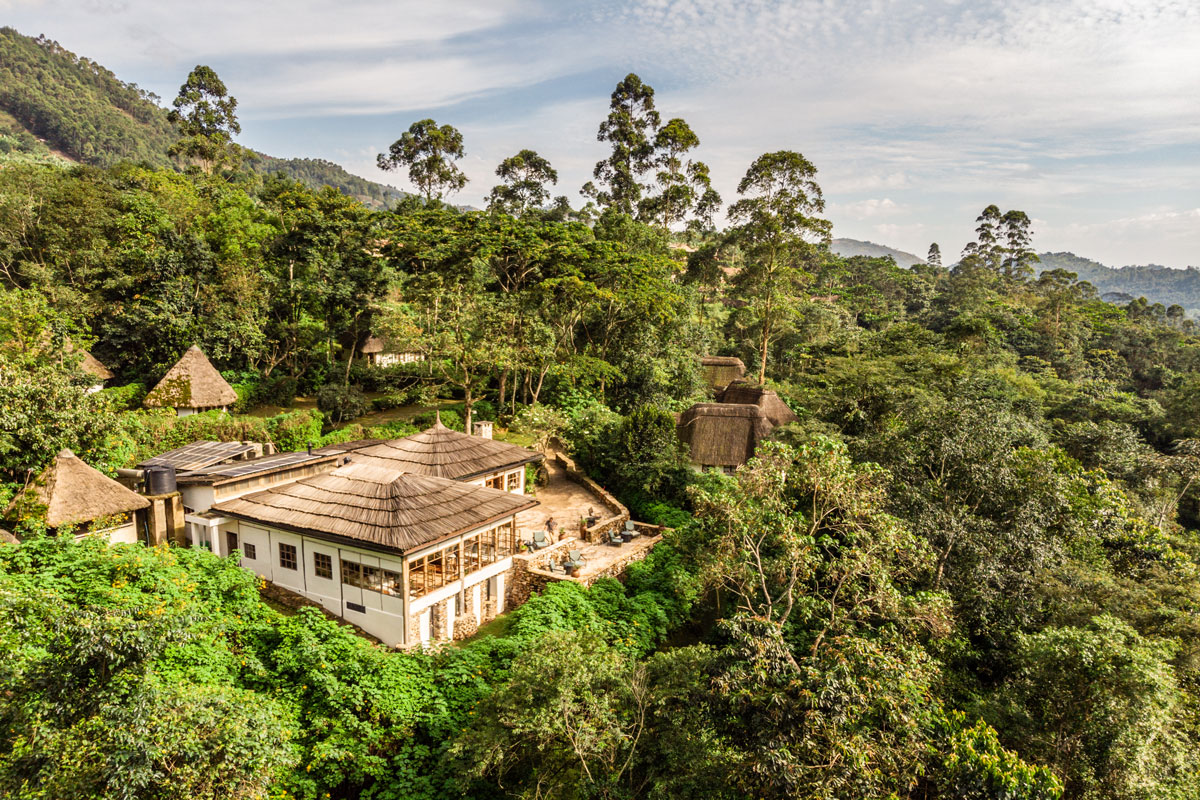
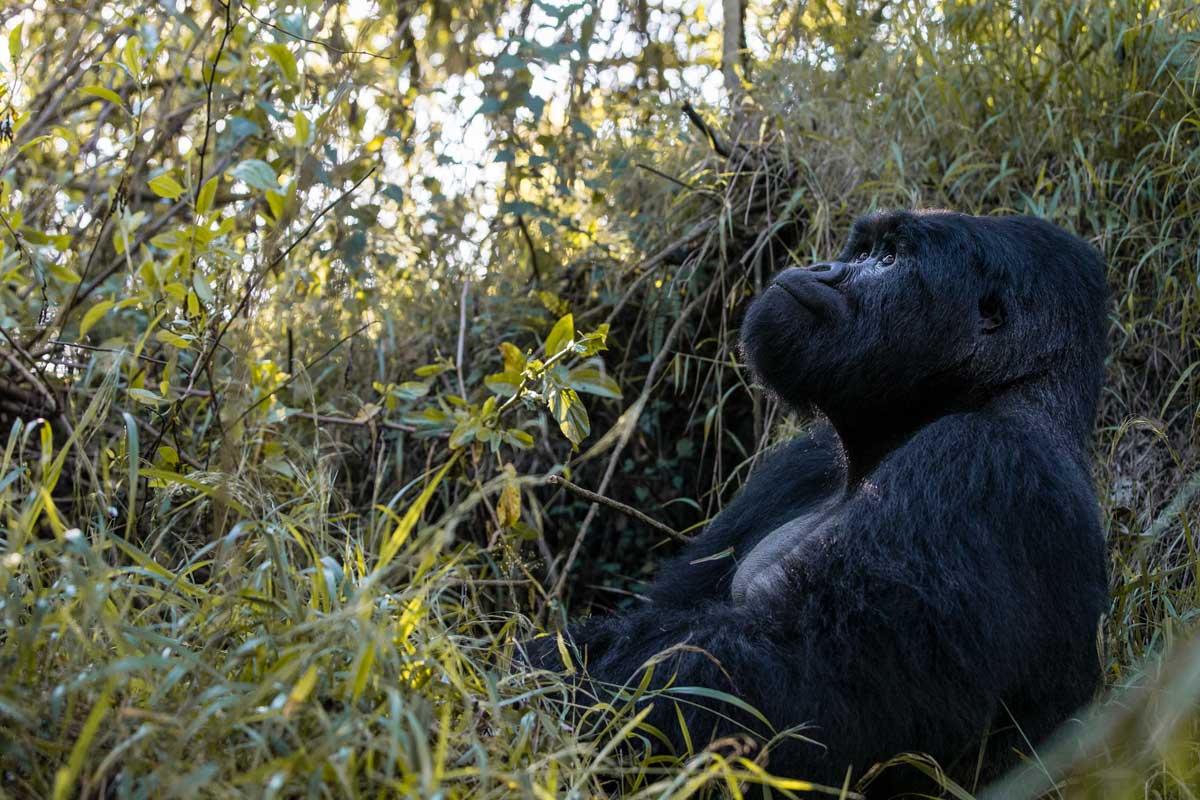



 Gallery 2 will focus on the work of Conservation Through Public Health, founded by Ugandan-born Dr Gladys Kalema-Zikusoka in 2003. This will look at the connection between gorilla health and community livelihoods and health around Bwindi Impenetrable National Park.
Gallery 2 will focus on the work of Conservation Through Public Health, founded by Ugandan-born Dr Gladys Kalema-Zikusoka in 2003. This will look at the connection between gorilla health and community livelihoods and health around Bwindi Impenetrable National Park.

